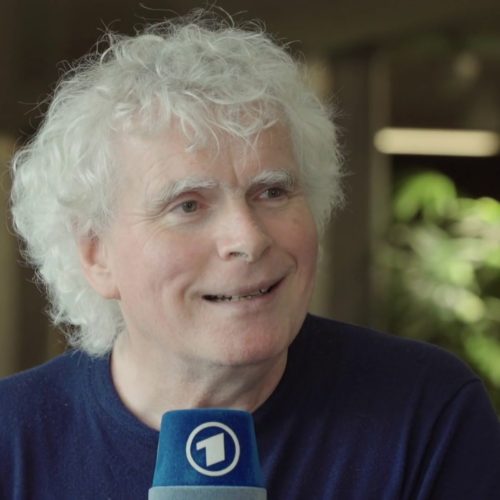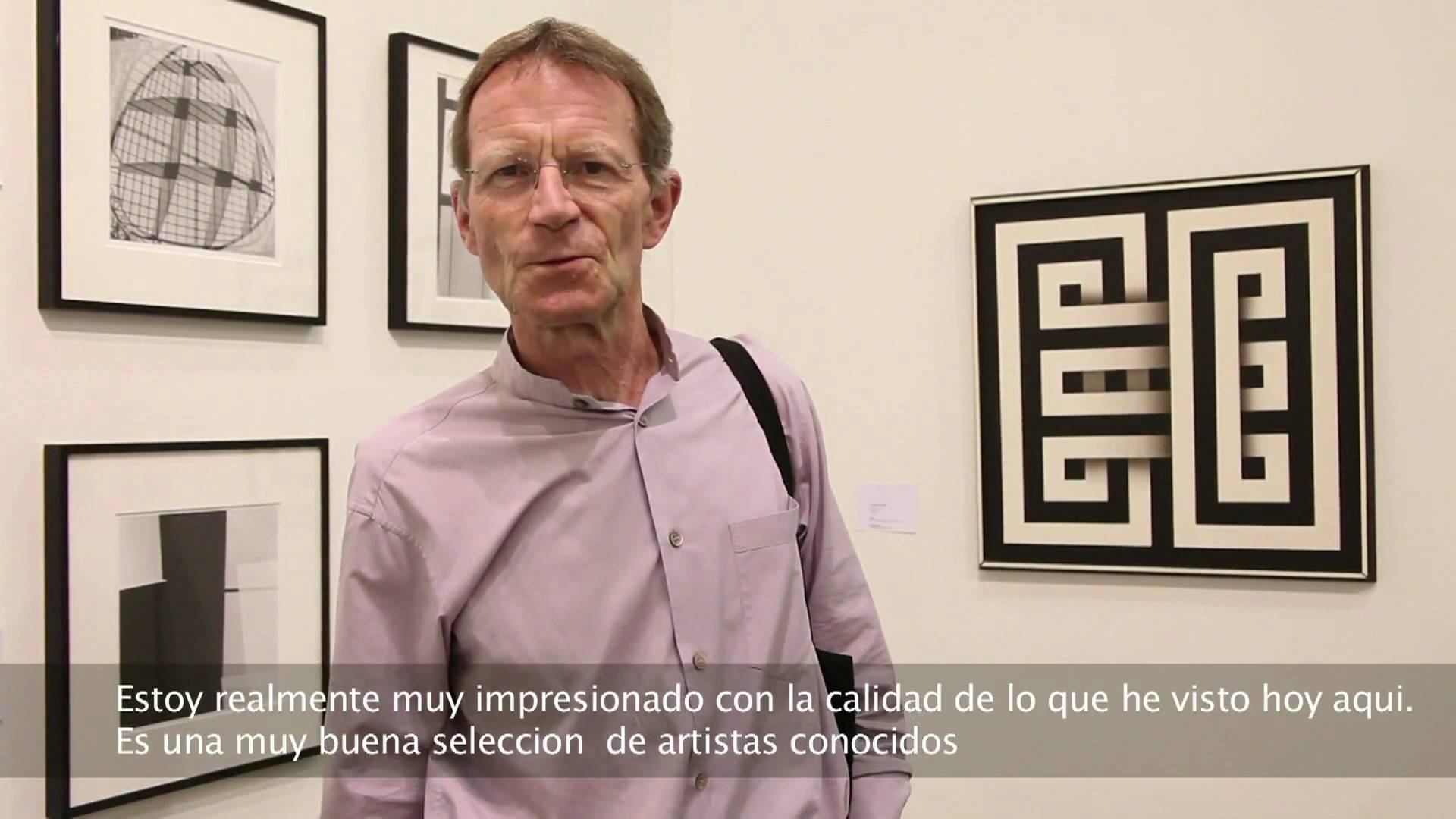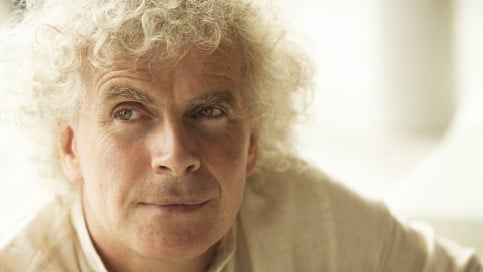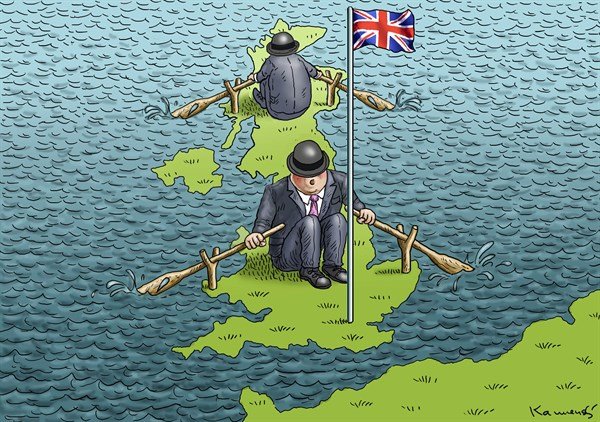‘I followed my heart into this war,’ says Roman, who takes wout his violin when there is a lull in the fighting. He adds: ‘Music takes your mind off war and death.’
A Radio Free Europe report from a forgotten frontline:

‘I followed my heart into this war,’ says Roman, who takes wout his violin when there is a lull in the fighting. He adds: ‘Music takes your mind off war and death.’
A Radio Free Europe report from a forgotten frontline:

The Y is a venue for many international musicians. It’s about to get new faces.
Dear
Thank you so much for your friendship and generosity to the 92nd Street Y, and for your support of the Tisch Center for the Arts. Later today, we are announcing our spring classical music season, which we know will bring joy to many people throughout our global audience.
With this season announcement comes bittersweet news: our treasured colleague, Hanna Arie-Gaifman, has decided to step down from her day-to-day duties as Director of the Tisch Center. In her 21 years of exceptional leadership, Hanna has overseen our classical, jazz and Lyrics & Lyricists concert series, as well as the Unterberg Poetry Center. Hanna has grown and broadened the number and scope of 92Y’s concert offerings, carving out a distinct place for 92Y among the first-rate presenters in New York.

In addition, Hanna has been at the vanguard of creating an entirely new language of expression in programs that integrate music, literature, movement and the visual arts. Among many groundbreaking programs, Hanna envisioned and produced the multidisciplinary Love in Fragments, Bach’s Art of the Fugue as designed by Gabriel Calatrava, and Leonardo, 92Y’s first-ever commissioned chamber opera by Jonathan Berger. And, in this most recent period of unprecedented challenges for the performing arts industry due to the Covid-19 pandemic, Hanna led an extraordinary pivot for the Tisch Center so that hundreds of thousands of people could enjoy new and remastered 92Y performances from wherever they live. From an empty Kaufmann Concert Hall, we have been able to reach listeners in more than 100 countries with the thrill of live music and literature.
The good news is that Hanna is not going far. After the spring season concludes at the end of June, we are delighted to share that Hanna has agreed to stay on as Director Emerita of the Tisch Center for the Arts. In this new role, Hanna will lend her singular expertise and passion to the production of a summer classical music festival in 2022. We look forward to continuing to work with her in this capacity.
And so, as we launch our spring concert season, we hope you enjoy these wonderful performances, as well as join us in celebrating everything Hanna has accomplished during her remarkable tenure. We look forward to keeping you informed as we chart the next path forward for the Tisch Center.
Sincerely,
Seth Pinsky, CEO
He has been, for three decades and more, the most successful champion of orchestral music and opera at the summits of politics and media. He was the only conductor most politicians had heard of. Whenever a voice was needed to champion a musical cause, Simon Rattle would get on the phone to Whitehall or sign a letter to the Times and the wheels of redress would start rolling.
He was effective because he was fresh-faced, intelligent, committed to regional issues in an authentic regional accent, charming, persuasive and, above all, one of us. Simon Rattle was British to the roots of his mop of white hair.
No longer.
This week, he left his London orchestra for one in Munich. Today, he became a German citizen.
Like many others, he has been pushed by Brexit into getting a second passport, as is only sensible for a widely-travelled person.
But as a German citizen who lives in Germany and works for a German company he can no longer speak truth to power in Britain.
He can try, of course, but won’t work as it did in the past. They’ll just bat him off with: it’s not your problem, son. You’re a German, now. And he’ll have no comeback to that.
The loss to British music is considerable. Just how great we will see in the coming year as UK musicians struggle for lost rights to perform freely in Europe and London orchestras hit the insolvency buffers. Sir Simon Rattle, once their knight, now has other priorities, other loyalties. He’s a German Burger now.

At least the UK Government is doing something right:
Sir Nicholas Serota has been reappointed by the Secretary of State for Digital, Culture, Media and Sport as Chair of Arts Council England for four years from 01 February 2021 to 31 January 2025.

We have been notified of the untimely death of Henrique Dawid Korenchendler, an eminent Brazilian composer of six symphonies and a violin concerto. He died of an infection contracted in hospital after undergoing hip surgery.
The son of two Holocaust survivors, he told Professor Tom Moore: ‘My Jewish identity has always had a big influence on my music. I have a double identity, being both Brazilian and Jewish. My Jewish language is reflected in my musical language.’

The accomplished opera tenor Ben Bliss has joined the London agency AskonasHolt.
His website still posts his IMG agent’s email, although IMG have taken him off their site.
AskonasHolt, on the other hand, is still using his old IMG picture.

Isn’t anybody doing the job out there?
Bavarian Radio’s new chief conductor has announced at a press conference that he’s becoming a German.
He never bothered to do that while with the Berlin Phil.
He will, however, keep his British passport.
Simon Rattle, der neue Chefdirigent des @BRSO und des Chores des BR wird deutscher Staatsbürger. Er behält auch die britische Staatsbürgerschaft.
— BR_KLASSIK (@BR_KLASSIK) January 15, 2021

EDITORIAL: British music has just lost its most effective voice
The British Government has sent the following version of events to all who signed a petition calling for musicians to be allowed to perform in the EU and the UK without having to obtain work permits. This is the UK story:
During our negotiations, we proposed measures to allow creative professionals to travel and perform in both the UK and EU, without needing work-permits. Unfortunately, the EU rejected these proposals.
The UK Government supports ambitious arrangements for performers and artists to be able to work and tour across Europe. In the negotiations with the EU, we were determined to get a good deal for British music because we recognise the value of this industry.
As negotiations began, we consulted extensively with the sector to find out what they needed from the negotiations. We listened to the experts in British music, including bodies like the Musicians Union, and reflected their views in our proposal to the EU.
During our negotiations with the EU, we sought a mutually beneficial agreement that would have allowed performers to continue performing across the continent without the need for work permits. Specifically, we proposed to capture the work done by musicians, artists and entertainers, and their accompanying staff through the list of permitted activities for short-term business visitors. This was a straightforward solution for our creative industries which would have benefited all sides.
The EU turned down our proposals on the basis that musicians were providing a service which they viewed as necessitating a work permit and/or visa.
This outcome is regrettable, however there is scope to return to this issue in the future should the EU change its mind. Meanwhile the UK Government will make the case for arrangements that make touring easier in the EU and also seek to signpost to guidance which will help UK business travelers navigate individual Member States’ immigration systems.
The UK remains open for musicians to tour here. Musicians and artists (and technical staff) traveling to the UK from non-visa national countries, which includes but is not limited to EU nationals, are able to carry out a number of activities relating to the music and touring industry without a visa. Visiting musicians to the UK may perform at events, make personal appearances, take part in competitions, promotional activities and auditions, for up to 6 months without the need for formal sponsorship or a visa if they are not being paid beyond expenses or prize money. They can also receive payment for appearances at permit free festivals for up to 6 months, or for up to one month for a specific engagement. Musicians and support staff who are being paid in the UK may also qualify for entry under the Tier 5 Creative Worker route, if they are sponsored by a UK entity licensed with UK Visas and Immigration for this purpose. Entry is for up to 12 months and the relevant rules also provide for accompanying dependents. Entry under the Tier 5 Creative Worker route is visa-free for non-visa nationals where entry is for no more than three months.
The deal delivers on the Government’s promise to take the UK out of the EU’s customs territory and to regain control of our borders. This means there will be new customs processes on goods headed from GB into the EU and vice versa. These processes ensure that customs authorities remain able to protect their regulatory, security and financial interests. As part of this, ATA Carnets can be used for temporary imports of some goods, including professional equipment, as an alternative to facing full customs controls. This is already an option for temporary goods movements from the UK to many other non-EU countries. It reflects the established international approach in line with the ATA and Istanbul Conventions.
The Government recognises the importance of touring for UK musicians and other creative professionals, and has engaged extensively with the creative industries and arts sector since the announcement of the Trade and Cooperation Agreement to ensure they are aware of the new requirements. Going forward, we will continue our close dialogue with the creative and cultural sectors to ensure that they have the support they need to thrive.
We are also taking all steps we can to make the new processes as straightforward as possible for UK artists performing across the continent. Through negotiations with the EU we secured Transparency and Procedural Facilitation measures that will help ensure visa processes are as prompt and smooth as possible. The Agreement also contains provisions that promote efficient customs arrangements and we are working to make it easier to apply for and use ATA Carnets.
Furthermore, the Government is taking unprecedented action to help the music sector during the crisis. We’ve provided £1.5 billion of direct support for arts across the UK, the biggest one off investment ever, and a sum that far exceeds what’s been provided in other countries. That builds on billions more coming from furlough, the self-employed income support scheme and other government support.
Department for Digital, Culture, Media and Sport
The EU’s Brexit negotiator Michel Barnier said yesterday the result was one of the ‘inevitable consequences’ of Brexit.
‘I very much regretted that the British didn’t have more ambition for people’s mobility,’ he told reporters. ‘From last March, we made fairly ambitious proposals in terms of mobility, including for specific categories such as journalists, performers, musicians and others,” he went on. “But you need to be two to make a deal.’
The truth probably lies somewhere in between, at the bottom of the Channel.
For musicians, Brexit is, at this point, a disaster.

The admirable Jerry Wigler was born in Detroit in 1920, got conscripted during the War, landed on the Normandy beaches at D-Day, survived the battle of the Ardennes and joined the Philadelphia Orchestra in 1951, playing until 2011. ‘After 60 years,’ he said, ‘I thought I would retire.’
He shared his battlefield memories last year on his centennial. And his confrontation with ex-Wehremacht soldier Wolfgang Sawallisch.
‘The first 100 years was tough,’ he concludes.
Musicians in the orchestra remembered his 101st last night.
Happy birthday, Jerry.

Appearing last night on the France 5 show C à Vous, moments after the prime minister announed a tightening of the curfew, Roberto Alagna broke down during the Marcel Moulodji number ‘Mon pote le gitan’, apparently overcome by emotion for a late friend.
‘Excusez-moi,’ he said, stepping back from the mike.
Read more here.
